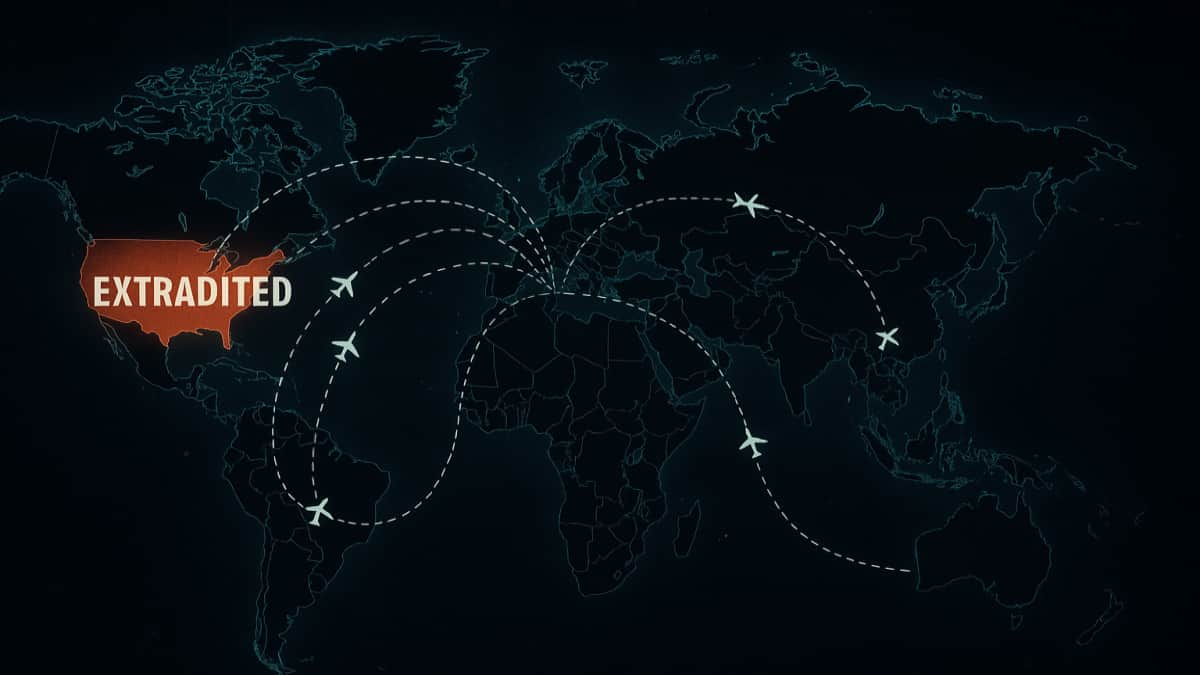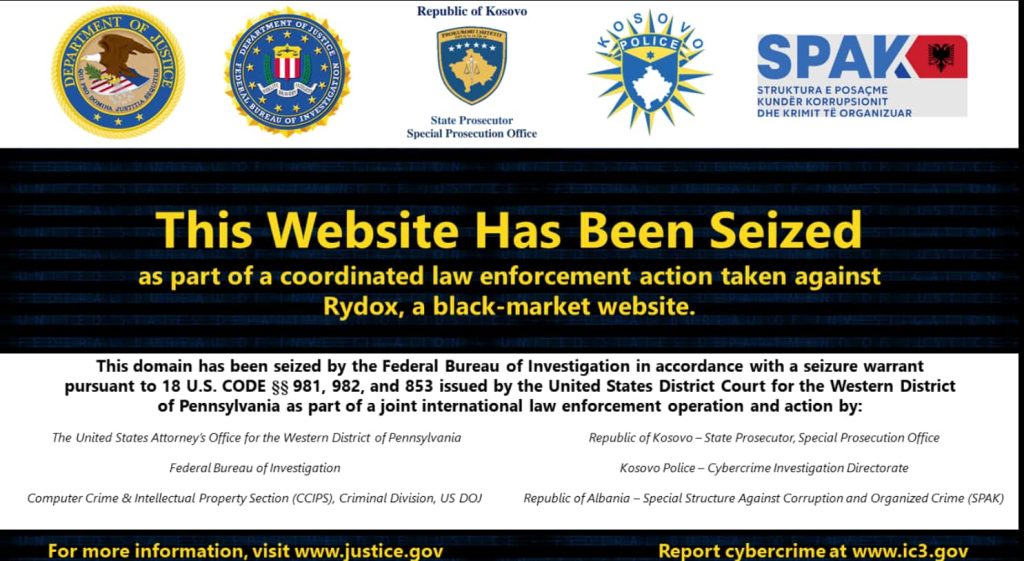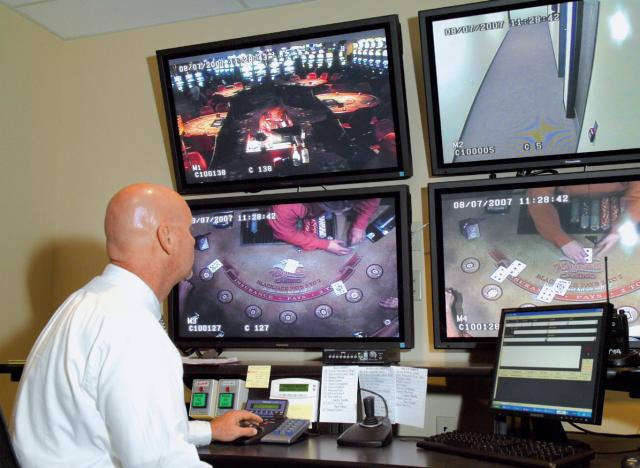The United States has successfully extradited a group of fugitives from nine countries to face charges ranging from murder and child abuse to running dark web cybercrime marketplaces and drug trafficking rings. The extradited fugitives came from the following countries:
- Israel
- Spain
- Mexico
- Kosovo
- Canada
- Thailand
- Colombia
- Germany
- Honduras
From Cold Cases to Cyber Crime: Who’s Been Extradited?
The extradited individuals include fugitives who’d evaded capture for over a decade, as well as newer suspects accused of exploiting the anonymity of the dark web. Here’s a breakdown of the most notable cases:
Ardit and Jetmir Kutleshi, 26 and 28 (Kosovo → Pennsylvania): The brothers are accused of running Rydox, a dark web marketplace that sold stolen credit cards, hacked social media accounts, and tools for identity theft. Their platform allegedly fueled millions in fraud losses before law enforcement shut it down.
Roberto Avina-Casillas, 30 (Mexico → Ohio): After 11 years on the run, Avina-Casillas now faces murder charges.
Justin David Lanoue, 44 (Canada → Utah): A Canadian fugitive wanted since 2015 for child abuse charges in Utah.
Dominik Rydz, 24 (Germany → Michigan): A Polish national accused of sexually assaulting a woman at a party in Michigan in 2023 and imprisoning her against her will. Rydz initially fled to Poland, then Germany, where he was nabbed via an Interpol Red Notice.
Olof Kyros Gustafsson, 31 (Spain → California): Dubbed “El Silencio,” this Swedish entrepreneur allegedly ran a bizarre online scam: selling fake Pablo Escobar-branded flamethrowers, cellphones, and other nonexistent products to investors worldwide. Prosecutors say he pocketed millions by exploiting the late drug lord’s notorious reputation.
Tien Vy Tai Truong, 46 (Thailand → California): A suspected kingpin in a methamphetamine trafficking ring, Truong allegedly tried to broker a deal with an undercover DEA agent to ship 200 pounds of meth to Australia. His arrest in Thailand marks a rare win in disrupting Asia-Pacific drug pipelines.
Rydox Dark Web Marketplace
Rydox was a cybercrime marketplace operating on the dark web from approximately February 2016 until its seizure in December 2024. It functioned as a platform for the sale of stolen personal information, access devices, and various cybercrime tools.
Over its operational period, Rydox facilitated more than 7,600 transactions, generating at least $230,000 in revenue. The marketplace offered over 321,000 products to a user base exceeding 18,000 individuals.
Items available for purchase included personally identifiable information (PII) such as names, addresses, and Social Security numbers; stolen credit card details; login credentials; and cybercrime tools like scam pages and spamming tutorials.
In December 2024, an international law enforcement operation led by the U.S. Department of Justice, in collaboration with authorities from Kosovo, Albania, and Malaysia, resulted in the seizure of Rydox’s domain and the arrest of its administrators. Kosovo nationals Ardit Kutleshi, 26, and Jetmir Kutleshi, 28, were apprehended in Kosovo and faced extradition to the United States to face charges, including identity theft and money laundering.
A third individual, Shpend Sokoli, was arrested in Albania and was expected to be prosecuted there. Additionally, servers hosting the Rydox marketplace were seized in Kuala Lumpur, Malaysia, and approximately $225,000 in cryptocurrency linked to the defendants was confiscated.
The extradition of the Kutleshi brothers signals that law enforcement is stepping up its game in targeting the administrators of these illegal marketplaces, not just the end users. Additionally, the Gustafsson case shows how cybercriminals can exploit trust and celebrity culture (in this case, the Pablo Escobar brand) to deceive victims. This goes on to show why users must verify the legitimacy of online investments and products, especially when they seem too good to be true.










